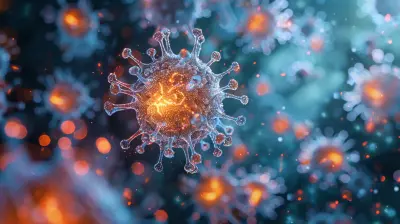Exploring the Role of Probiotics in Reducing Cholesterol
3 September 2025
If someone told you the secret to better heart health might lie in your gut, would you believe them? Sounds a little bizarre, right? But it turns out, there's a growing body of research suggesting that the tiny bacteria living in our digestive system—probiotics—might play a surprising role in managing cholesterol levels. Let's dive deep into this curious connection between probiotics and cholesterol, unpack the science behind it, and see whether popping a probiotic could be your next heart-friendly habit.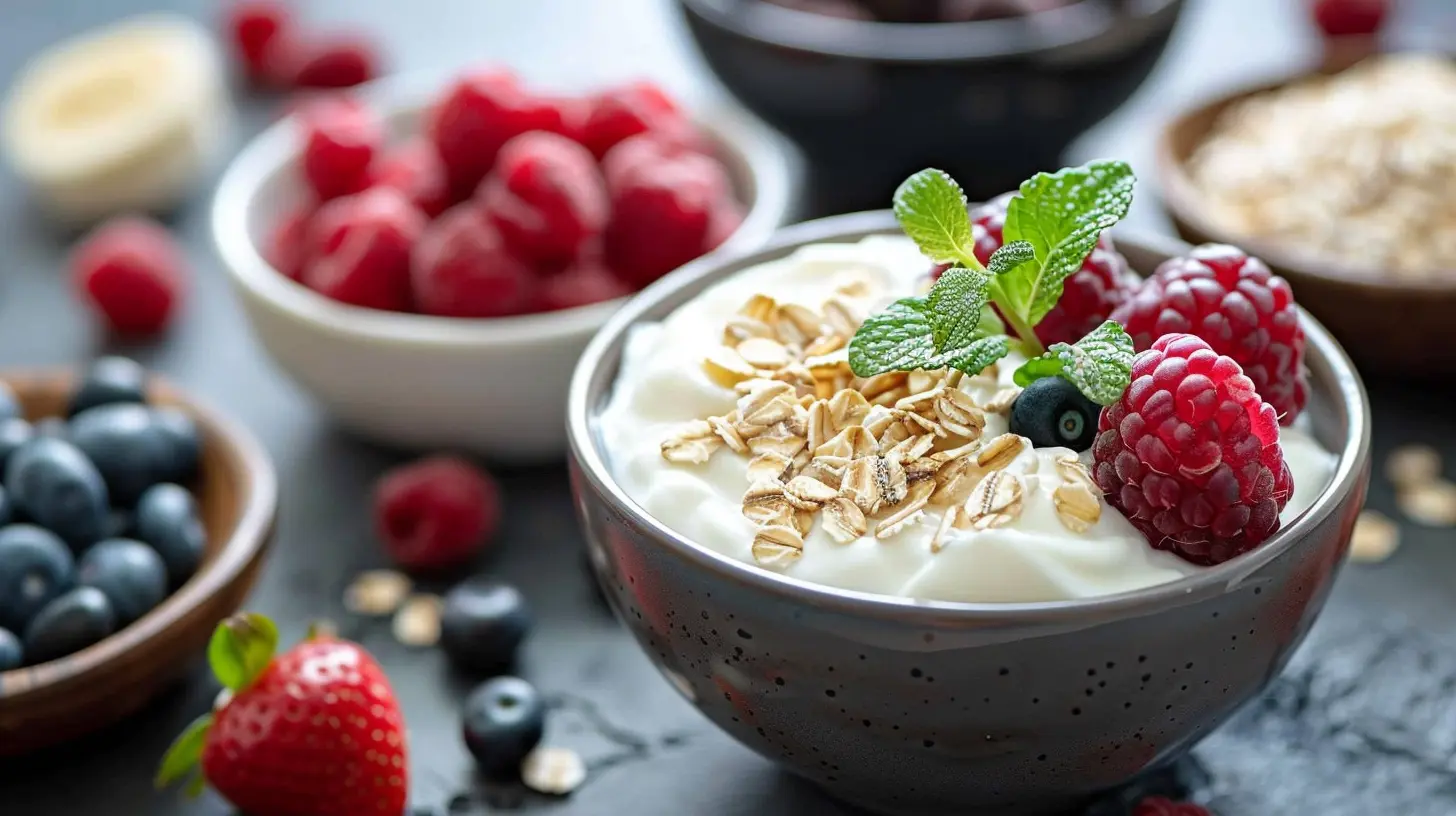
What Are Probiotics, Anyway?
Before we get too deep into the cholesterol talk, let's clear one thing up—what exactly are probiotics?Probiotics are live microorganisms, mostly bacteria and some yeasts, that can provide health benefits when consumed in adequate amounts. Think of them as the “good guys” of your gut. They’re naturally found in fermented foods like yogurt, kefir, sauerkraut, kombucha, and miso. Oh, and let’s not forget the countless probiotic supplements lining the wellness aisles.
But what do these microscopic critters have to do with your cholesterol levels?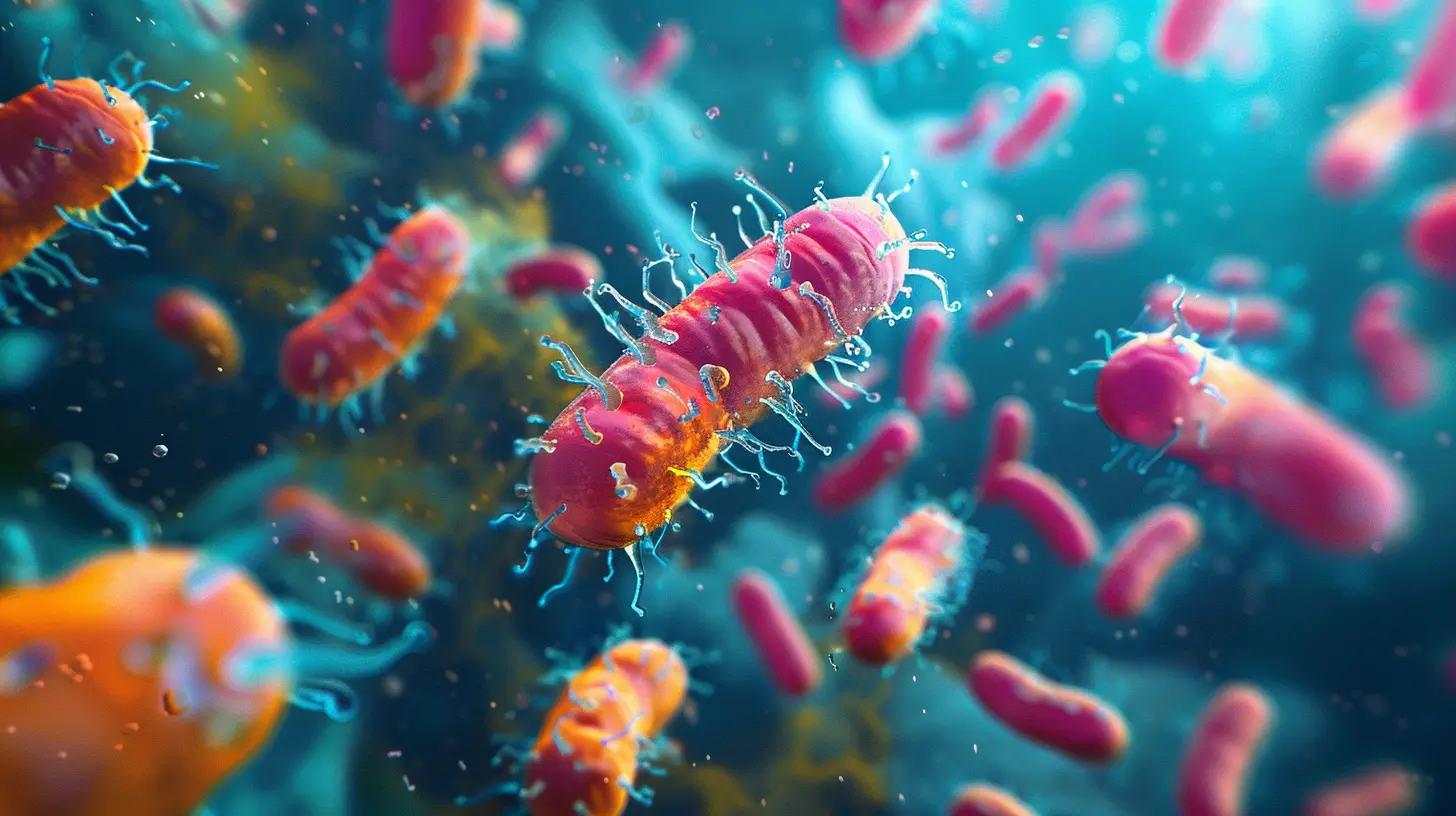
Cholesterol 101: The Good, The Bad, and The Dangerous
Alright, a quick refresher. Cholesterol is a waxy, fat-like substance that your body actually needs to build cells and make hormones. The problem pops up when there’s too much of the wrong kind.There are two main types:
- LDL (Low-Density Lipoprotein): The "bad" cholesterol. High LDL increases your risk of heart disease and stroke.
- HDL (High-Density Lipoprotein): The "good" cholesterol. HDL helps remove LDL from your bloodstream.
The goal? Keep LDL low and HDL high.
Too much LDL floating around in your blood can start to clog up your arteries, kind of like how cooking oil can gunk up a kitchen drain. Not ideal for something as vital as your circulatory system.
So, where do probiotics come in?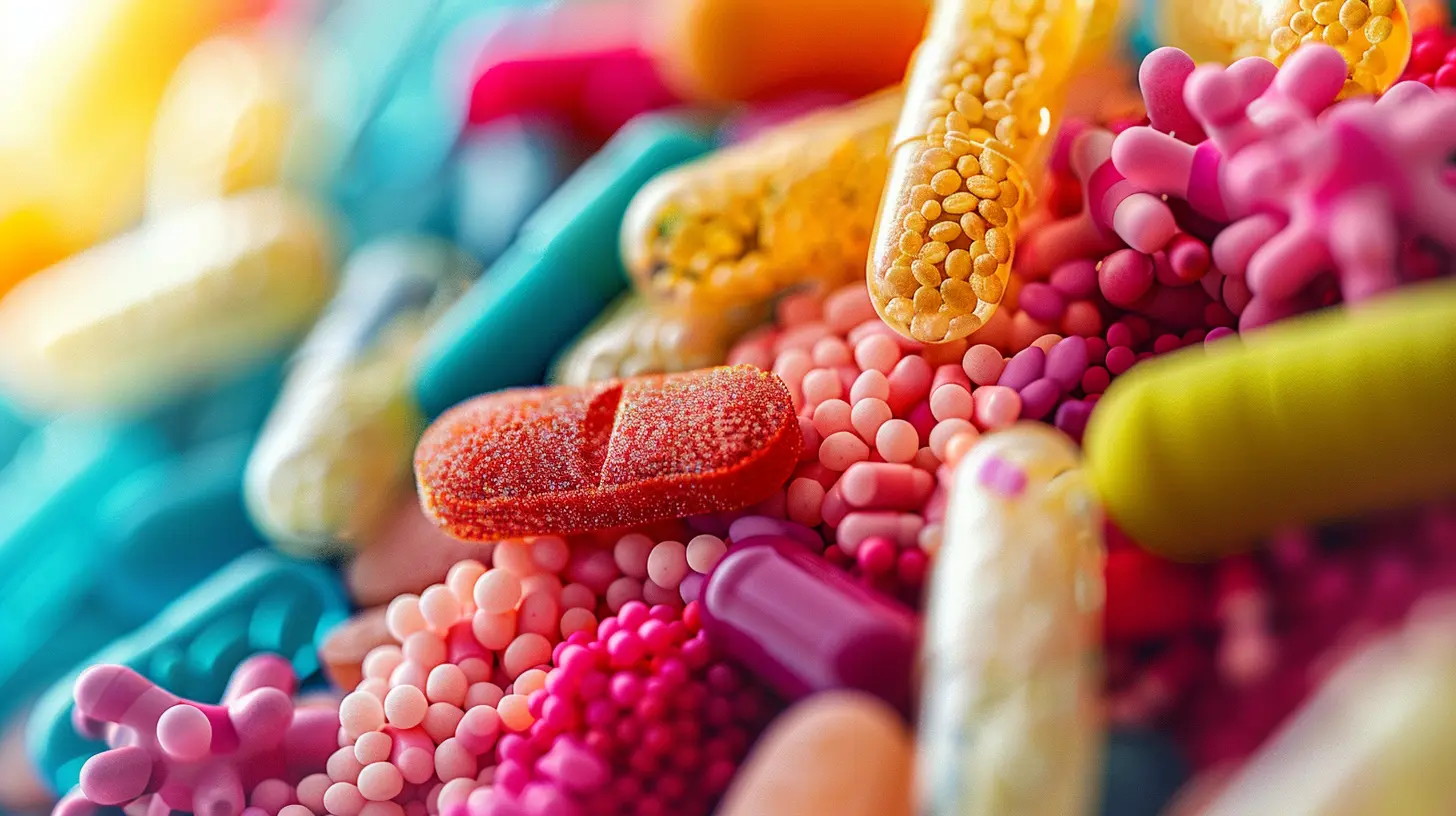
Can Probiotics Really Tackle High Cholesterol?
Now we’re getting to the juicy part. Several studies have started shedding light on how probiotics might influence cholesterol levels—and it’s more than just a wellness trend.1. Bile Acid Breakdown
First up: bile.Your liver makes bile, which helps digest fat. It's rich in cholesterol. After doing its job, bile usually gets reabsorbed back into the body. But certain probiotic strains can actually break down bile acids. That means your body has to make new bile from cholesterol in your bloodstream.
More bile breakdown = less cholesterol. Pretty neat, huh?
2. Cholesterol Absorption Interference
Some probiotics can stick to cholesterol in the intestines and stop it from being absorbed into the bloodstream. Think of them as little bodyguards that block cholesterol from getting into the club (your circulation).3. Short-Chain Fatty Acids (SCFAs)
Probiotics can ferment dietary fiber and produce SCFAs, which may reduce cholesterol synthesis in the liver. Imagine SCFAs as little messengers telling your liver: "Hey, we’re good on cholesterol production for now."So, yes, there’s legit science behind it. But like anything health-related, not all probiotics are created equal.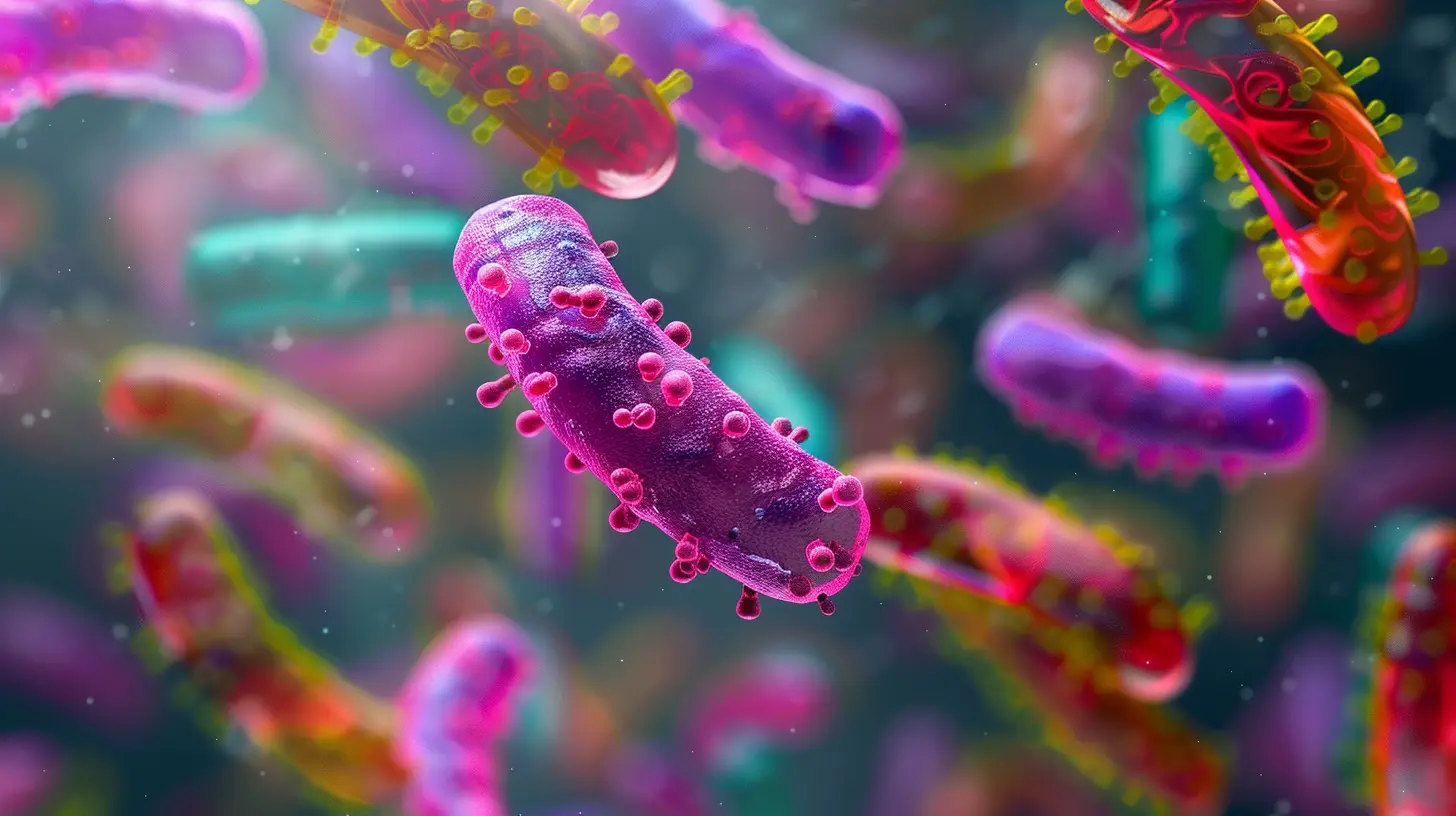
Best Probiotic Strains for Cholesterol Reduction
If you're thinking of jumping on the probiotic bandwagon, you might be wondering: which strains should I look for?Here are a few that have shown promise:
- Lactobacillus reuteri NCIMB 30242: This one has been studied the most. It’s been shown to significantly reduce LDL cholesterol and total cholesterol levels.
- Lactobacillus acidophilus: Often found in yogurt, it's been linked to lower LDL levels.
- Bifidobacterium longum: Known to improve the gut barrier and help modulate lipid profiles.
- Lactobacillus plantarum: Can impact fat digestion and cholesterol oxidation.
It’s not just about what probiotic you take—but also how much and how often. Consistency is key.
Real Life Impacts: What Do The Studies Say?
Let’s talk data, but don’t worry—we’ll keep it digestible (pun intended).🧪 A Clinical Trial With L. reuteri
One well-known trial found that participants who took yogurt containing Lactobacillus reuteri saw a 9% reduction in LDL cholesterol over six weeks. That’s not a magic bullet, but it’s definitely something.🧪 Meta-Analysis Madness
A 2017 meta-analysis looked at over 30 studies and concluded that probiotics resulted in a significant reduction in total cholesterol and LDL levels. However, effects on HDL and triglycerides were less impressive.So, while the results aren’t earth-shattering just yet, they’re promising enough to keep gut health on the radar for anyone watching their cholesterol.
Probiotics vs. Statins: Friend or Foe?
Now, if you’re already on statin medication, you might be wondering—should I ditch the pills and go probiotic?Hold your horses. Probiotics aren't about to overthrow statins. They're more like a supportive friend rather than the main act. Statins are super effective at lowering LDL cholesterol and have a ton of evidence behind them.
But probiotics? They might make a great sidekick. Picture them as your cholesterol-hustling buddy, helping you tackle the problem from another angle—without the side effects some people experience with statins.
Food First: Natural Sources of Probiotics
Not into supplements? Good news—you can get your probiotic fix from food. Here are some tasty ways to feed your gut:- Yogurt (with live cultures)
- Kefir (a tangy fermented milk drink)
- Kimchi (spicy Korean fermented cabbage)
- Sauerkraut (pickled cabbage, preferably raw and unpasteurized)
- Miso (fermented soybean paste)
- Tempeh (fermented soy product with a meaty texture)
Just make sure the product says “contains live and active cultures.” Otherwise, you might just be downing a bunch of fancy pickles with zero probiotic benefit.
Prebiotics: The Unsung Heroes
You can’t talk about probiotics without giving a shout-out to prebiotics—the fiber-rich foods that feed those good bacteria. Think of prebiotics as the fertilizer in your gut garden.Foods rich in prebiotics include:
- Garlic
- Onions
- Bananas (especially slightly green ones!)
- Asparagus
- Chicory root
- Apples
- Oats
Probiotics and prebiotics together? That’s called a synbiotic approach. And it’s gut gold.
Who Should Be Cautious With Probiotics?
As with anything health-related, it’s not one-size-fits-all.For most healthy folks, probiotics are perfectly safe. But if you have a weakened immune system, are undergoing chemotherapy, or have certain chronic conditions, it’s best to talk to your doctor first.
Also, don’t expect overnight miracles. It may take weeks (or even months) to notice an effect. And it works best alongside an overall healthy lifestyle—balanced diet, regular exercise, good sleep, yada yada.
Final Thoughts: Worth Adding to Your Routine?
So, is it worth incorporating probiotics into your life for lowering cholesterol?Here’s the bottom line:
👉 Probiotics may not replace your medications, but they can support heart health.
👉 They’re natural, generally safe, and offer a bunch of other bonuses—like better digestion, immunity, and possibly even mental health.
👉 Not all probiotics are created equal—strain matters.
👉 Eating probiotic foods plus taking a supplement can give your gut the ultimate TLC.
At the end of the day, lowering cholesterol isn’t about one silver bullet—it’s a constellation of healthy habits working together. But adding probiotics to your daily routine? That’s a move your heart (and gut) just might thank you for.
Frequently Asked Questions (FAQs)
1. Can probiotics lower triglycerides as well?
Some studies show marginal improvement in triglyceride levels, but the effect isn’t as strong or consistent as with LDL cholesterol.2. How long does it take for probiotics to lower cholesterol?
You might see changes in 4–12 weeks, depending on the strain, dosage, and your overall lifestyle.3. Should I take probiotics with food?
Yup! Taking probiotics with food (especially meals with some fat) can improve their survival in the digestive tract.4. Are all yogurts probiotics?
Not necessarily. Always check for “live and active cultures” on the label—some commercial yogurts are pasteurized after fermentation, which kills off the good bacteria.5. Can kids and seniors take probiotics for cholesterol?
They can, but it’s best to consult a healthcare provider first, especially for seniors with compromised immune systems or kids with specific health conditions.all images in this post were generated using AI tools
Category:
ProbioticsAuthor:

Eileen Wood
Discussion
rate this article
1 comments
Hazel McGonagle
Thank you for this insightful article! Exploring the benefits of probiotics in cholesterol management is both fascinating and important for our health. I appreciate the clear explanations and helpful tips—definitely looking forward to incorporating more probiotics into my diet!
September 24, 2025 at 3:29 AM

Eileen Wood
Thank you for your kind words! I'm glad you found the article helpful and insightful. Best of luck with incorporating probiotics into your diet!


